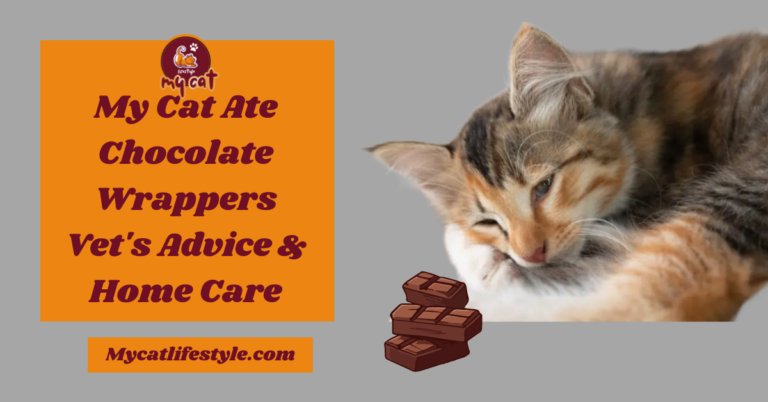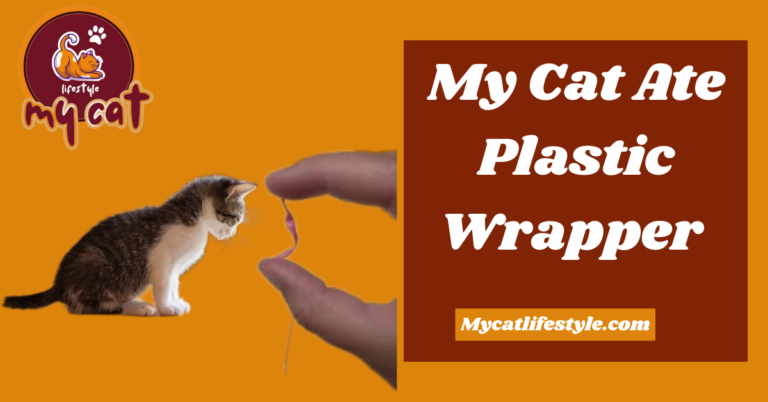Why Cats Do These 9 Bizarre Things Explained
Cats are incredibly intelligent animals, often exhibiting behaviors that might puzzle their human companions. However, there’s always a logical explanation behind these seemingly strange actions. Understanding the science behind feline behavior can help cat owners better care for their furry friends. Here in this blog, we uncover the reasons behind why cats exhibit certain behaviors, such as the notorious “stink face,” sudden sprints, and much more.
Why Cats Do These 9 Bizarre Things
Why Do Cats Make the Stink Face?
You may have noticed your cat making a peculiar facial expression, commonly referred to as the “stink face.” This occurs when their upper lip is curled back, forming wrinkles on the nose, and their mouth stays open for a while. This phenomenon is called the riflemen response, and it’s not unique to domestic cats; many animals, including lions and horses, also display this behavior.
This response aims to analyse specific odors. The scent travels to the roof of the mouth, where a specialized structure called the astronomer organ is located. Cats often use this response when feeding or detecting pheromones, especially in the urine of females in estrus. This expression is more common in neutered male cats.
Why Do Cats Suddenly Sprint or Jump on You?
If you’ve ever observed your cat suddenly running at full speed around the house, or unexpectedly jumping on you, it’s linked to their natural instincts. Cats are predators by nature, and domestic cats retain this hunting instinct to some degree.
These sudden bursts of energy, often called “zombies,” may result from a lack of exercise during the day. If a cat doesn’t get enough physical activity, it’s more likely to exhibit these erratic movements. Watch out if you’re wearing fluffy slippers or socks that resemble small animals, as this might stimulate an attack.
Additionally, a cat may jump on you if it is stressed or agitated. Over stimulation from prolonged petting can also lead to sudden aggression.
Why Do Cats Insist on Going Out and Then Coming Back In?
Cats often display an incessant desire to go outside, only to want to come back inside moments later. This behaviour ties back to their territorial nature. Cats like to patrol and regularly check their territory to ensure everything is in order and that no intruders are present.
In the wild, there are no doors constantly blocking their way, which is why many cats dislike closed doors. They perceive the house as their territory and feel confused when part of this territory is inaccessible.
Why Do Cats Ignore You When You Call Them?
If you’ve ever wondered why your cat seems to ignore you when you call their name, you’re not alone. A study conducted in 2013 at the University of Tokyo found that cats can indeed recognize their owner’s voices and their names, even when called by strangers.
Surprisingly, only about 10% of these cats actually approach when called. Unlike dogs, which generally want to be involved in every situation and activity, cats are more independent.
They recognize your voice and their names but do not always feel the need to respond. This is part of their appeal and one reason they remain such popular pets.
Why Do Cats Protect You?
Despite their independent nature, cats do have the ability to protect their human companions. They form strong bonds with their human families and consider them part of their social group. Just as they would protect their feline counterparts, cats extend their protective instincts towards their human family members.
Cats demonstrate this protective nature in various ways, such as sleeping near their owners. By staying close, cats ensure that both they and their humans are safe during vulnerable times like sleep.
It’s also common for cats to follow their owners around the house or even to the bathroom to ensure their safety and avoid potential harm.
Why Do Cats Become Hyperactive After Using the Litter Box?
Many cats exhibit hyperactive behavior immediately after using the litter box. This is known as the “post-litter box zombies.” Animal behaviorists suggest this might be linked to an innate survival instinct, as cats may be concerned about predators tracking them by scent after they’ve eliminated waste.
Another theory relates to the stimulation of the vagus nerve, which extends to the colon in both cats and humans. Defecation can stimulate this nerve, resulting in a pleasurable sensation known as “poo-phoria”. This pleasure can cause cats to run around and show their excitement.
However, if the litter box is dirty or has a recent change in litter type that the cat dislikes, it might try to leave the box as quickly as possible. If your cat runs away and appears uncomfortable after using the litter box, it might indicate a health issue that needs to be investigated.
Why Do Cats Stare at You?
Cats stare at their human companions for various reasons, primarily for communication. If a cat meows while looking you in the eyes, it could be a sign that they are hungry, especially if they are near their food bowl.
cats show affection by staring at you with half-closed eyes and slowly blinking. This slow blink is a sign of trust and love. Cats know their well-being depends on you, and if they are scared, stressed, anxious, cold, depressed, or in pain, they might look to you for support.
On the other hand, if a cat stares at you with a rigid body posture or emits warning sounds, it indicates that they feel threatened.
Why Do Cats Scratch?
Scratching is a natural behavior for cats, serving multiple purposes. They may scratch to remove the dead outer layer of their claws, stretch their bodies, or release pent-up energy. However, the primary reason cats scratch is to mark their territory.
By scratching surfaces, cats leave visual marks and scents using the scent glands in their paws. This marking behaviour helps them stay physically and mentally healthy. It’s important to provide cats with sufficient scratching posts and toys to accommodate this instinct.
Why Do Cats Like to Hide in Tight Spaces?
Cats often seek out small, tight places like boxes, drawers, and bags for several reasons. These enclosed spaces offer a sense of security and protection from potential threats, reminiscent of their natural environment where hiding helps avoid predators and prepare for ambushes.
Confined spaces also help maintain body heat, which cats appreciate, especially on cold days. Additionally, hiding can serve as a way to reduce stress in new or stressful situations, such as the arrival of visitors or changes in the house.
Curiosity and the desire to explore also lead cats to seek out these hiding spots, making it a fun and stimulating activity for them.
Final Thoughts
Understanding why cats display these bizarre behaviors can enhance the bond between you and your feline friend. From making the “stink face” to sudden hyperactivity, each behavior has a logical explanation rooted in their natural instincts and biology.
Have you experienced any of these peculiar behaviors with your cat? Share your experiences and leave your comments below. For more fascinating insights into the world of cats, check out our recommended blog on“11 Things Cats Hate and You Should Avoid” Knowing these will help you avoid making mistakes that your feline friend won’t easily forget.
Related posts:
- 11 Things Cats Hate and You Should Avoid
- 8 Secret Signs Your Cat Loves You
- The Cat’s Meow Isn’t Enough: Signs Your Cat Is Unhappy



